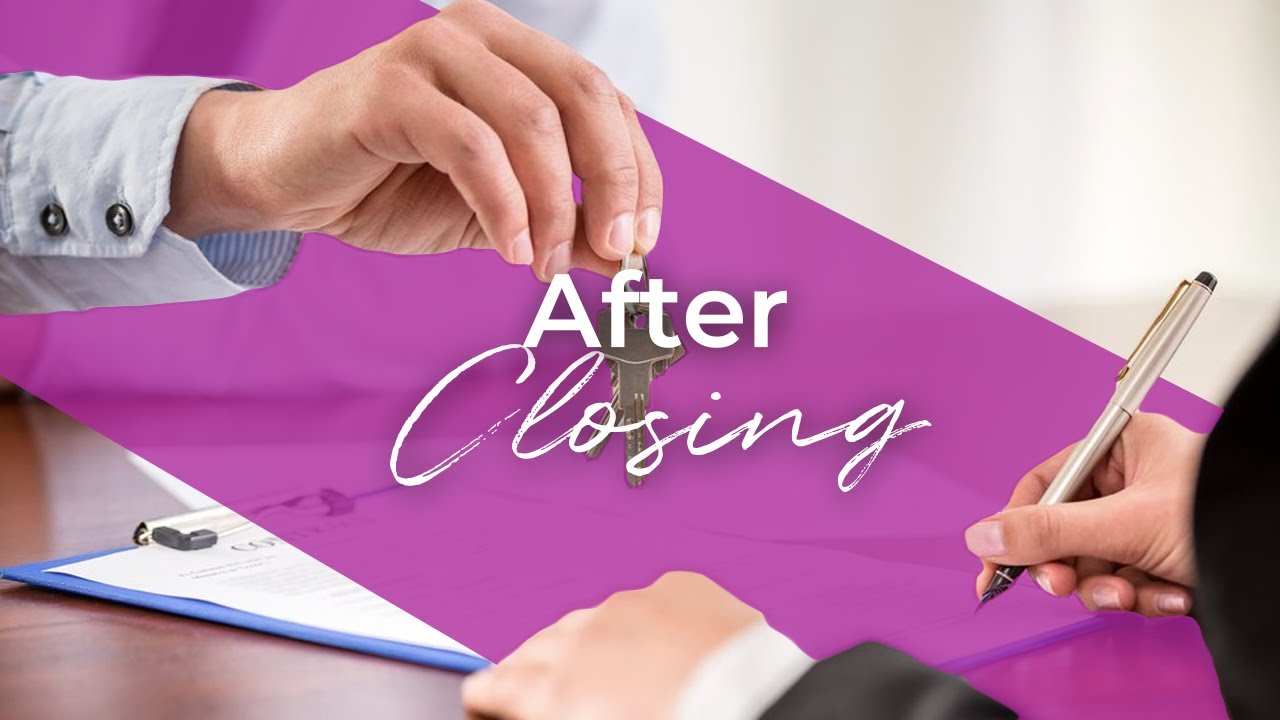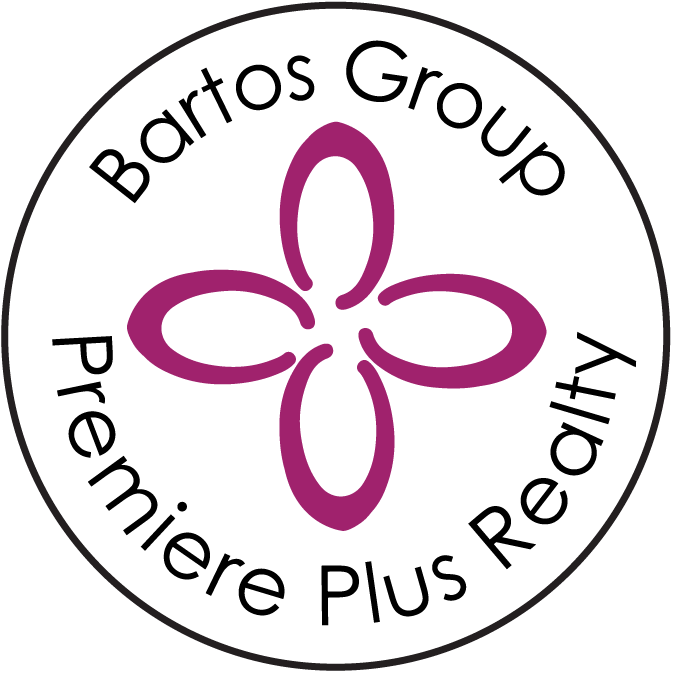
In a short, practical video, the Bartos Group walks new homeowners through what comes next after purchase. After Closing a real estate transaction is one of the most exciting — and often most confusing — chapters of the homeownership journey. The Bartos Group focuses on the immediate services, vendors, and preparations a homeowner will need, particularly in Southwest Florida. This article expands on those points to create a clear, actionable roadmap for anyone navigating life after closing.
Many buyers move into their dream house and instantly ask the same question the video opens with: now what? The period after closing is not just about unpacking boxes. It’s when routine becomes structure and maintenance planning prevents small issues from becoming expensive problems. This article covers the principal services and decisions to consider after closing a real estate transaction, with an emphasis on practical advice and local nuance.
Why Planning Matters After Closing a Real Estate Transaction
After Closing a real estate transaction is often followed by a long list of seemingly small tasks that add up. New homeowners who plan the first 30, 60, and 90 days can reduce stress, avoid unnecessary costs, and protect their investment. The Bartos Group’s video highlights a handful of high-impact services — home watch, landscaping, pest control, and insurance — and this article expands each into a checklist and timeline.
Immediate Priorities (First 30 Days)
The first month after closing should focus on safety, access, and immediate vendor setup. Key actions include:
- Change locks and update access codes for the property.
- Set up or verify utility accounts (electric, water, gas, trash, internet) in the homeowner’s name.
- Confirm mail forwarding and update the postal address with banks, subscriptions, and government agencies.
- Obtain necessary insurance documentation and ensure coverage begins on closing day.
- Schedule a comprehensive walkthrough to identify any repairs or discrepancies with the seller’s disclosures.
During the first 30 days is also when homeowners should begin lining up recurring services that the home will need.
Essential Home Services to Arrange
In the video the Bartos Group names several primary contractors and services. These cover both beauty and protection for a home:
Home watch
For seasonal residents or owners of vacation properties, a home watch service is indispensable. Home watch companies perform routine inspections, check for leaks, ensure HVAC systems are operating, and verify security systems. Scheduling a trusted home watch lets remote owners catch issues early and ensure the property is being cared for between stays.
Landscaping and grounds maintenance
Landscaping in Florida is year-round work. Regular trimming, irrigation checks, pest prevention for plants, and storm-prep cleanups are vital. A reliable landscaping vendor keeps curb appeal high and reduces storm damage risks.
Pest control
From termites to tropical ants, pest control is a top priority in many climates. Proactive pest treatment protects the structure and can be coordinated as a recurring service for peace of mind.
Insurance
Insurance is called out explicitly in the video because it is non-negotiable and often complex. After Closing a real estate transaction, homeowners should confirm:
- Homeowners insurance is active and provides adequate replacement cost coverage.
- Flood insurance is in place if the property is in a flood zone — standard homeowners policies usually exclude flood damage.
- Windstorm and hurricane coverage details, including any named-storm deductibles common in coastal markets.
- Any mortgage-required endorsements or proof of coverage submitted to the lender.
When insurance premiums rise, the Bartos Group notes that their clients often ask for recommended vendors. A pre-vetted vendor list helps homeowners compare policies and ensure continuity of coverage.
Finding and vetting vendors
The Bartos Group explains that trusted vendors make post-closing life easier. New homeowners should vet vendors using these checks:
- Ask for referrals from neighbors, community groups, and the listing agent.
- Verify licensing and insurance coverage for contractors, landscapers, and pest control companies.
- Request written estimates and itemized scopes of work before committing.
- Check reviews and ask for references from recent clients in similar properties.
- Establish a primary contact and a backup vendor for emergencies.
In many communities, real estate teams maintain vendor lists that reflect long-term performance. The Bartos Group highlights that client feedback helps update vendor recommendations periodically because businesses change and quality can vary over time.
Seasonal Maintenance and a 12-Month Schedule
After Closing a real estate transaction, new homeowners benefit from a simple annual maintenance calendar. Suggested items include:
- Quarterly HVAC servicing and filter replacement.
- Spring landscaping refresh and irrigation inspection.
- Pre-hurricane season preparations: trimming trees, securing outdoor furniture, checking shutters and storm windows.
- Annual termite inspection and pest control treatments as recommended.
- Gutter cleaning and roof inspection before the rainy season.
Setting reminders and budgeting for these recurring costs protects the home’s condition and resale value.
Additional Considerations Unique to Coastal and Seasonal Markets
Living in Southwest Florida or similar coastal regions introduces a few extra steps after closing:
- Determine community HOA rules and submit required documents for landscaping, exterior modifications, or rental permissions.
- Confirm local vendor familiarity with regional issues such as salt-air corrosion, coastal mold, and hurricane readiness.
- For second homes, decide on a property manager versus self-management and set expectations for mid-season check-ins.
Budgeting for Ongoing Costs
Beyond the mortgage and utilities, new homeowners should budget for ongoing services. Typical monthly or annual expenses include pest control, landscaping, home watch or property management, insurance premiums, HOA fees, and routine maintenance. A simple annual spreadsheet helps forecast costs and prevents surprises.
“So now that you have a home down here now what?”
The quote from the video captures a universal moment: ownership brings choices. Prioritizing services based on risk and frequency makes the transition smoother.
How a Real Estate Team Can Support Post-Closing Needs
The Bartos Group emphasizes continuity beyond the closing table. An experienced team helps by:
- Providing an updated vendor list of contractors and service providers trusted by past clients.
- Coordinating initial repairs or service starts after inspection items are agreed upon.
- Advising on insurance and local requirements specific to neighborhoods or coastal areas.
- Offering checklists and timelines tailored to the property type (single-family, condo, or vacation rental).
Because vendors can change quality and availability over time, having a real estate partner that actively solicits client feedback about service providers adds practical value After Closing a real estate transaction.
Conclusion
After Closing a real estate transaction doesn’t mean the work ends; it means a transition from buying to stewarding an asset. New homeowners who prioritize insurance, pest control, landscaping, and trusted vendor relationships will protect both daily comfort and long-term value. The Bartos Group’s recommendations are a solid starting point for homeowners in Southwest Florida and beyond. The right planning and vendor selection create the peace of mind that turns a house into a home.
Frequently Asked Questions (FAQ)
What is the first service to arrange after closing?
Most experts recommend confirming insurance coverage first, then changing locks and setting up utilities. Insurance protects the homeowner from day one and is often required by lenders.
How soon should a homeowner schedule pest control?
Pest control should be scheduled within the first month after closing, especially in warmer climates where insects and termites are year-round concerns.
Are home watch services necessary?
Home watch is highly recommended for seasonal or remote homeowners. It provides regular inspections, early problem detection, and documented visits — especially valuable for vacation homes or properties left vacant for periods.
How can new homeowners find reliable vendors?
Start with referrals from the listing agent or local real estate teams, check licensing and insurance, review online feedback, and ask for references from recent clients. A written scope of work and a clear timeline protect both parties.
Why is insurance emphasized after closing?
Insurance is emphasized because coverage gaps can lead to catastrophic financial loss. Additionally, coastal areas may require separate flood or wind coverage and have specific deductible structures for hurricanes.
How does a homeowner budget for post-closing expenses?
Create a simple annual budget including recurring services (landscaping, pest control), HOA dues, insurance premiums, maintenance reserves (roof, HVAC), and emergency funds. A maintenance calendar with expected costs per quarter helps smooth cash flow.
Where can homeowners find more guidance tailored to their area?
Local real estate teams and neighborhood associations are good starting points. They often maintain up-to-date vendor lists and provide area-specific recommendations for weather-related preparations.
After Closing a real estate transaction is a pivotal moment that marks the beginning of a relationship between the homeowner and their property. With the right priorities and trusted partners, that relationship becomes one of stewardship, enjoyment, and lasting value.
Contact Us Today! |
|
Providing you the experience you deserve! |
| Click me |
